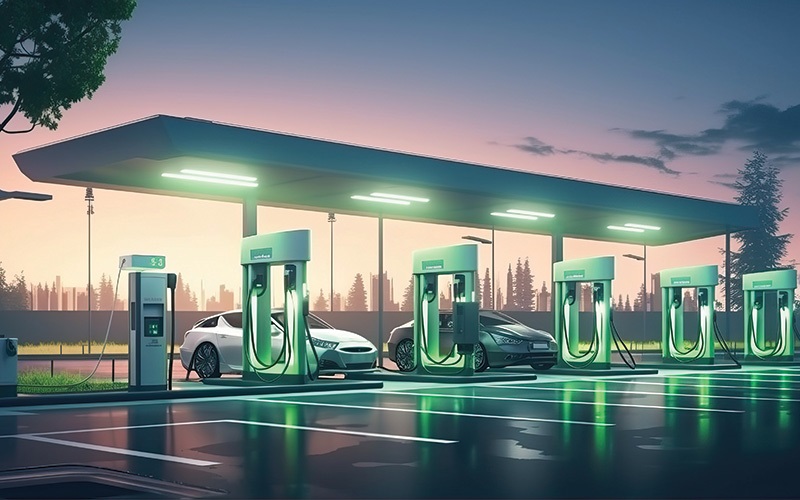
In the era of advancing technology and growing environmental consciousness, the rise of electric vehicles (EVs) has been significant. With concerns about fossil fuel depletion and environmental pollution, electric cars have emerged as a promising solution. However, one of the challenges associated with EV ownership is the availability of charging infrastructure, especially when on the move. This has led to the exploration of portable chargers for electric cars, offering the potential for greater convenience and flexibility.
Portable chargers for electric cars, also known as mobile or onboard chargers, are devices designed to provide an emergency or supplementary charging option for EV owners. Unlike traditional charging stations, which are fixed installations, portable chargers offer the flexibility to charge your vehicle wherever there is a power source available. This can be particularly useful in situations where access to a conventional charging station is limited or unavailable, such as during road trips or in remote areas.
One of the key benefits of portable chargers is their convenience and ease of use. These devices are typically compact and lightweight, making them easy to carry in the trunk of your car or store in a storage compartment. They often come with various adapters and connectors to accommodate different types of electric cars, ensuring compatibility across a range of models and brands. This versatility makes portable chargers suitable for a wide range of EV owners, regardless of their vehicle make or model.
Moreover, portable chargers can provide peace of mind to EV owners by serving as a backup charging solution in case of emergencies. For example, if you find yourself stranded with a depleted battery and no access to a charging station, a portable charger can help you get back on the road by replenishing your car’s battery using a standard power outlet. This can be especially valuable in remote or rural areas where charging infrastructure may be sparse.
However, despite their potential benefits, portable chargers also have limitations that need to be considered. One of the primary concerns is their charging speed and capacity. Unlike fast-charging stations, which can replenish an EV’s battery in a relatively short amount of time, portable chargers typically have slower charging rates due to their reliance on standard power outlets. This means that charging your car with a portable charger may take longer compared to using a dedicated charging station, which could be a drawback for EV owners with busy schedules or long-distance travel plans.
Another challenge is the limited range of portable chargers. While these devices can provide emergency charging in situations where access to a conventional station is unavailable, they may not be suitable for long-distance travel or regular use as a primary charging method. The limited energy capacity of portable chargers means that they can only provide a partial charge to your EV, enough to get you to the nearest charging station or reach your destination in an emergency, but not enough for sustained driving over extended distances.
Despite these limitations, advancements in technology are gradually improving the performance and capabilities of portable chargers for electric cars. Manufacturers are continually innovating to enhance charging speed, energy efficiency, and compatibility with different EV models. Additionally, the growing demand for EVs is driving investment in charging infrastructure, including the development of more widespread and accessible charging stations, which could reduce the reliance on portable chargers in the future.
While portable chargers offer a convenient and flexible charging solution for electric cars, they are not without their limitations. While they can serve as a useful backup option for emergency situations, their slower charging rates and limited range make them less suitable for long-distance travel or regular use as a primary charging method. However, ongoing advancements in technology and infrastructure could enhance the viability of portable chargers in the future, providing EV owners with greater flexibility and convenience on the road.








